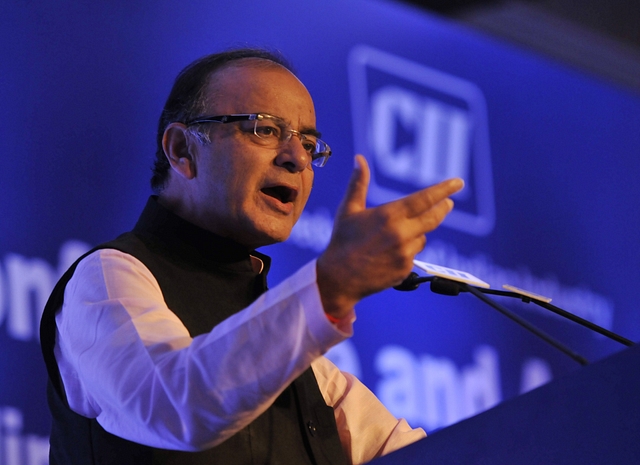
On PCA, Government Needn’t Lock Horns With RBI; Answers Are Mostly With Finance Ministry
All the government needs to do is one of two things: either provide the capital and allow the PCA cases to exit the sick bay, or offer them a sovereign guarantee on solvency and put its own conditions when they revive lending.
One of the contentious issues over which the Finance Ministry and the Reserve Bank of India (RBI) have locked horns is the latter’s prompt corrective action (PCA) policy, under which 11 public sector banks and one private one have been asked to shrink lending to all but retail customers. They also have to curtail branch expansion and scrap dividends.
The last two elements of PCA are unexceptionable, but one wonders if curtailing lending is the way to reduce the size of the bad loans portfolio. A bank’s gross bad loans share falls when some of it is recovered, or when the overall advances base grows. Growing the denominator (size of advances) helps as much as reducing the numerator (the stock of bad loans).
What needs to be proscribed is lending to long-gestation projects or to groups or companies which offer no encashable collateral. Loan growth itself is not the villain. Put simply, the PCA sick ward is not necessarily going to shrink purely by preventing expansion in lending.
One should also wonder how effective the RBI’s PCA policy is, when United Bank of India has been in it for more than four-and-a-half years, and two more were brought under its ambit (IOB, and private sector Dhanlaxmi Bank) in 2015 (see list of PCA banks in this article).
If a bank cannot exit PCA even after such long spells in the ICU, one wonders what kind of treatment they are receiving under Doctor Urjit Patel.
In fact, there is some evidence that the bad loans problem may have worsened for the PCA banks. According to a report in Mint, the 11 PSU banks under PCA saw a rise in net interest incomes but gross bad loans ratios worsened.
However, right or wrong, one wonders why the government does not act to end this practice. All it needs to do is one of two things: either provide the capital and allow the PCA cases to exit the sick bay, or offer them a sovereign guarantee on solvency and put its own conditions when they revive lending. One such condition should be that they must wind up their foreign branches so that no regulatory issues come up abroad. These branches can be sold or merged with stronger banks with a larger foreign presence.
On the PCA discord at least, the answers lie more with the government than the RBI. Since recapitalisation impacts the fiscal deficit only to the extent of annual interest payments, this will not bust the deficit roadmap. Especially if the RBI offers to cover this additional payout for the first year through higher dividends.
Some disputes make no sense, and are more indicative of an ego standoff between the central bank and the ministry than anything substantial issue of principle. Of course, the larger question of whether the weak PSU banks need to be sold or merged with stronger ones remains; that issue unfortunately cannot be handled before the next government is constituted in May 2019.
In the meanwhile, Patel and Arun Jaitley need to bury the hatchet on PCA banks at least.